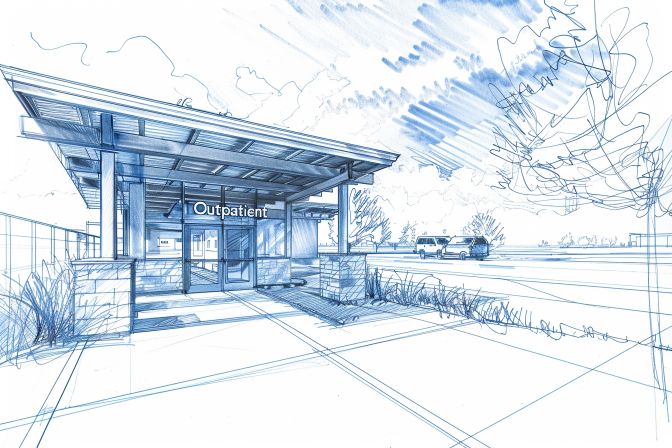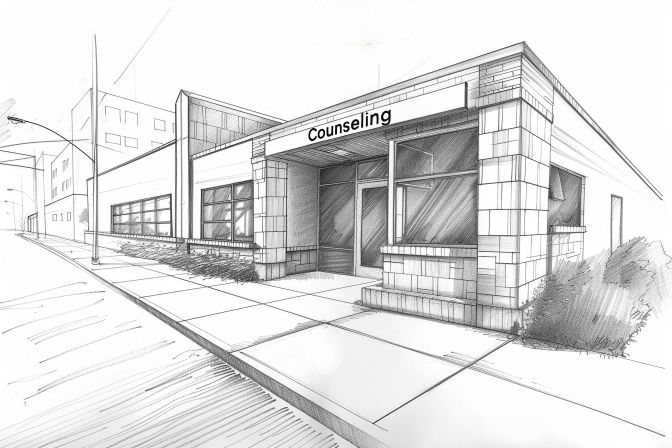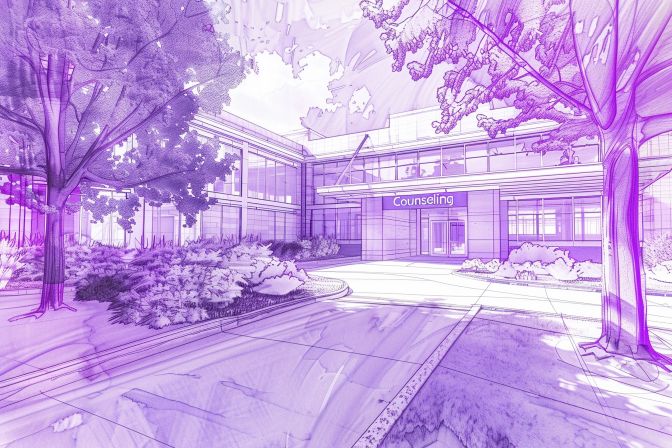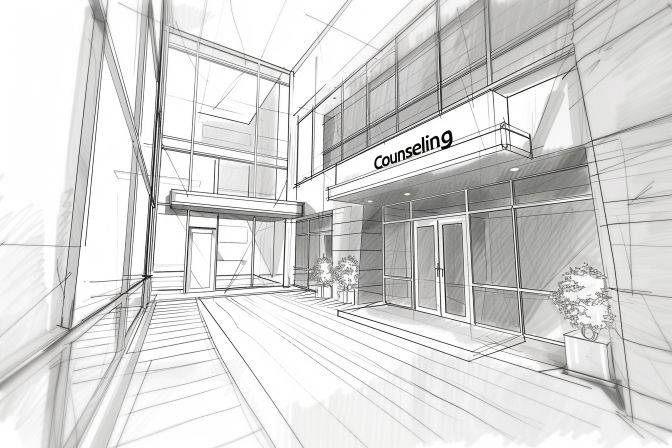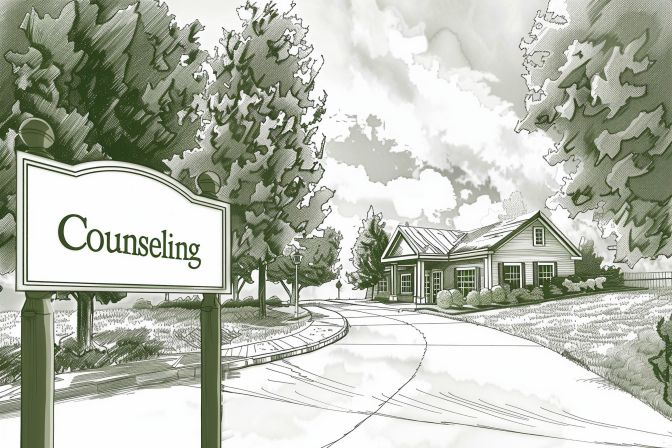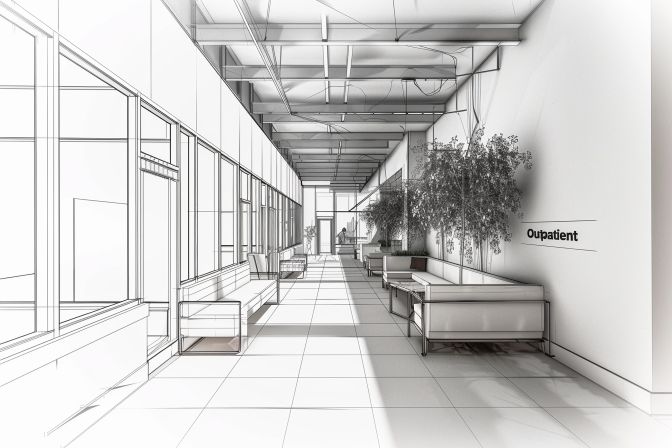Mille Lacs Band Halfway House
17222 Ataage Drive, Onamia, Mille Lacs, MN 56359

Insurance accepted
Cash Pay Rate
Mille Lacs Band is a Tribal government healthcare organization offering inpatient treatment in Onamia, MN that caters to adults and young adults seeking help for substance use disorders. This center offers programs for substance use treatment including brief intervention, motivational interviewing, SUD counseling and 12-step facilitation.
3.5/5
About Mille Lacs Band Halfway House
They accept Federal or government funding, ITU funds, Medicare, Medicaid and private health insurance as forms of payment for services offered and caters to male patients.
This facility also uses counseling as part of its substance use disorder treatment, both helping to understand the cause of addiction and creating tools to aid with recovery. Mille Lacs Band uses individual counseling and group counseling during treatment.
Mille Lacs Band offers recovery support services dedicated to helping patients get back on their feet and continue their recovery. These support services include housing services, recovery coaching, mentoring/peer support and employment counseling or training as well as transitional services including discharge planning, naloxone and overdose education and self-help groups.
This rehab center does not currently hold recognized certification from a regulatory body but is listed on SAMHSA’s facility database.
Mille Lacs Band (Onamia, Minnesota) is rated 3.5 on Recovered’s Trustscore which is based on user reviews and accreditations.
Overview of Services
Age Groups Accepted
Adults, Young adults
Special Programs/Groups Offered
Adult men
Specialization
Substance use treatment, Transitional housing, halfway house, or sober home
Message us
Website
Claim your profile to manage this page and enable the messaging form.
Company Information
320-532-4768
17222 Ataage Drive, Onamia, Mille Lacs, MN 56359
Occupancy: Call to confirm availability
Company profile
Rating
Recovered TrustScore: 3.5/5
The Recovered Trustscore for Mille Lacs Band Halfway House is based on the total amount of key accreditations (0) & publicly available review data online for this rehab center. A Bayesian average is applied to all rehabs to ensure fair visibility. Read here for more info
Treatment Services
Age Range
Specializations & Groups
Services
Setting
Assessment & Testing
Transitional Services & Aftercare
Medication Assisted Treatment Policy
Therapies and Interventions
At This Facility
Counseling/Education Services
Smoking/vaping policy
Special Services
Insurance Policy & Other Considerations
FAQs
Common Questions About Mille Lacs Band Halfway House
Where are they located?
What types of treatment do they offer?
Do they treat opioid use disorders?
Do they offer recovery support services?
Do they have detox programs?
What counseling or therapy do they offer?
Get confidential help and information via our helpline
Recovered invites user reviews from former attendees, as well as their own loved ones and staff members, for all facilities listed on our site that they have had personal experience with.
We audit user reviews regularly and any instance of spamming or manipulation will result in content being removed. Only one review is permitted per user. Any reviews considered to be abusive, offensive, or fraudulent will be removed.
Treatment Centers Nearby
Calls to numbers marked with (I) symbols will be answered or returned by one of the treatment providers listed in our Terms and Conditions, each of which is a paid advertiser.
In calling the helpline you agree to our Terms and Conditions. We do not receive any fee or commission dependent upon which treatment or provider a caller chooses.
There is no obligation to enter treatment.
Access State-Specific Provider Directories for detailed information on locating licensed service providers and recovery residences in your area.
For any specific questions please email us at info@recovered.org
Insurance Accepted
This center accepts most forms of health insurance. Contact them to find out more or use our insurance verification to check your coverage.
Insurance Accepted
This center may not accept all forms of insurance. contact them to find out more.
We are awaiting cost confirmation from the center owner.
Medication designed to help with withdrawal symptoms and cravings may be offered as part of an addiction treatment program.
Co-occurring disorder treatment.
The Recovered Trustscore for Mille Lacs Band Halfway House is based on the total amount of key accreditations (0) & publicly available review data online for this rehab center. A Bayesian average is applied to all rehabs to ensure fair visibility. Read here for more info
Accreditation(s) indicate the organization's national, state, or industry recognition for the treatment of substance use disorders and or mental health conditions.

